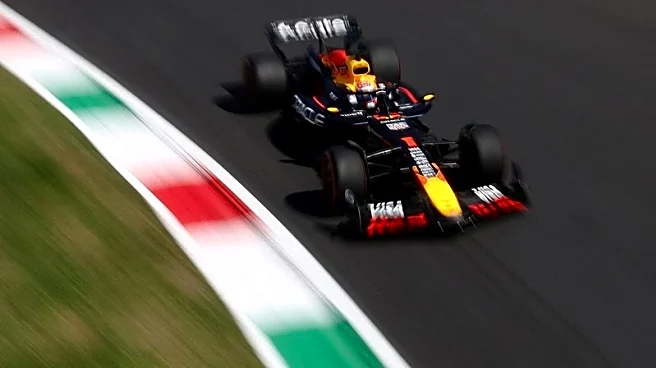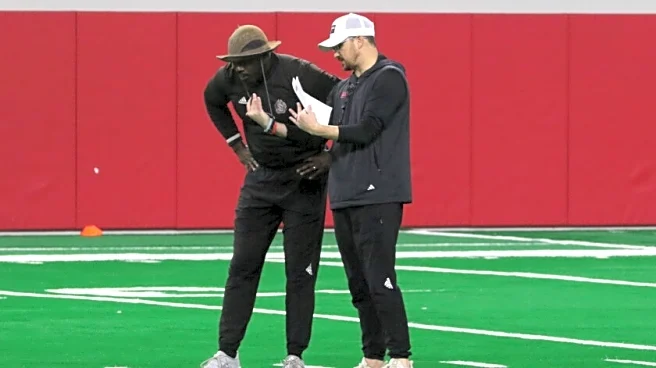By Alan Baldwin
MONZA, Italy (Reuters) -Formula One is unlikely to go back to V8 engines until 2031 at the earliest after stakeholders recognised there was no consensus for a proposed earlier introduction.
A meeting scheduled for London next Thursday between power unit manufacturers and the governing FIA has been postponed because it was considered premature, sources told Reuters at the Italian Grand Prix.
FIA President Mohammed Ben Sulayem, who was attending the race at Monza, told reporters in July that Formula One could go back to noisy normally-aspirated V8 engines with fully sustainable fuel and a small electric element in 2029.
The sport is starting a new engine era next season, with Audi and Red Bull entering as engine makers, but Ben Sulayem has been keen to return to the naturally-aspirated units that preceded the current 1.6-litre V6 turbo-hybrids.
The 2026 engines will be 50% hybrid, increasing from about 20%, and powered by sustainable fuels.
One source said the thinking was now towards letting the 2026 engine complete its scheduled five-year cycle to the end of 2030, and there was therefore less urgency for a meeting now.
A meeting to discuss current and future power unit direction was held in Bahrain in April and resulted in a commitment to the 2026 engine.
Ben Sulayem has had talks with manufacturers over the Monza weekend and discussions are set to continue as agreed at the Bahrain meeting.
Audi, Mercedes and Honda are understood to want the 2026 engine to be given a full run. General Motors are due to provide engines to Cadillac from 2029 while Renault's Alpine team is switching to Mercedes power next year.
"What I would say just talking about 2026 is that Audi is very clear about its position," team principal Jonathan Wheatley said in April.
"The reason they've got involved in the sport is the excitement around the three pillars that we see as really important -- the first one being a highly efficient engine, the second one being an advanced hybrid system and, of course, sustainable fuels being the bedrock of that."
The 2026 power units could also require some modifications but how much will only be apparent after they have run next year.
(Reporting by Alan Baldwin, editing by Ken Ferris)










